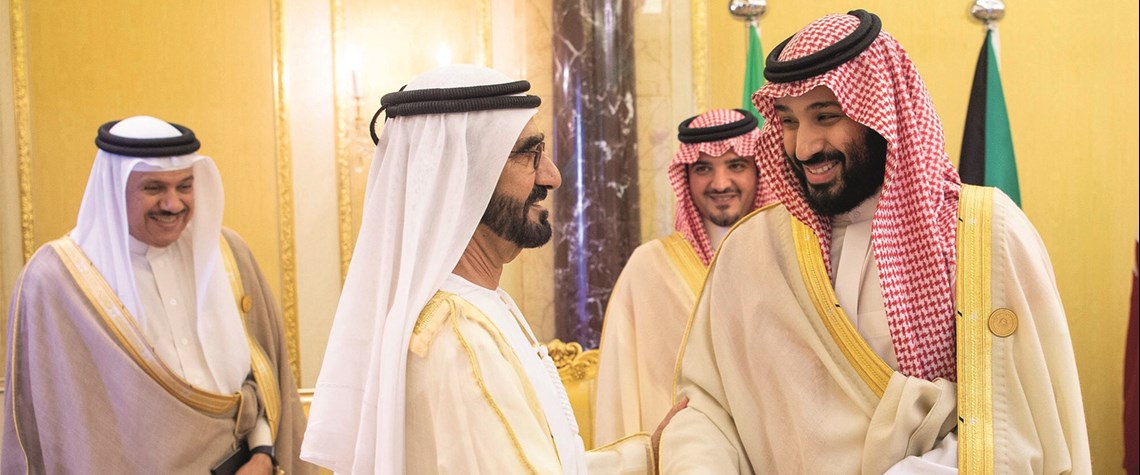Gulf states' cooperation quest falters
The GCC will struggle in 2019 to resolve the many issues that divide it and threaten its survival
Nothing points up the frailty of the Gulf Cooperation Council (GCC) more than the Qatar crisis. When Saudi Arabia, the UAE and Bahrain imposed an economic and diplomatic blockade on Qatar in June 2017 — accusing it, among other things, of supporting terrorism — they undermined the foundations of the regional grouping. For not only did three Gulf states turn on a fourth, but the other two GCC members, Kuwait and Oman, declined to support the action against Qatar. The fault lines ran in differing directions. Getting all six leaders together in one room is proving impossible. At the 2017 summit in Kuwait, the host, Shaikh Sabah al-Ahmad al-Sabah, and the Emir of Qatar, Shaikh Tamim bin Hamad Al

Also in this section
26 July 2024
Oil majors play it safe amid unfavourable terms in latest oil and gas licensing bid rounds allowing Chinese low-ball moves
25 July 2024
Despite huge efforts by India’s government to accelerate crude production, India’s dependency shows no sign of easing
24 July 2024
Diesel and jet fuel supplies face a timebomb in just four years, and even gasoline may not be immune
23 July 2024
Rosneft’s Arctic megaproject is happening despite sanctions, a lack of foreign investment and OPEC+ restrictions. But it will take a long time for its colossal potential to be realised







